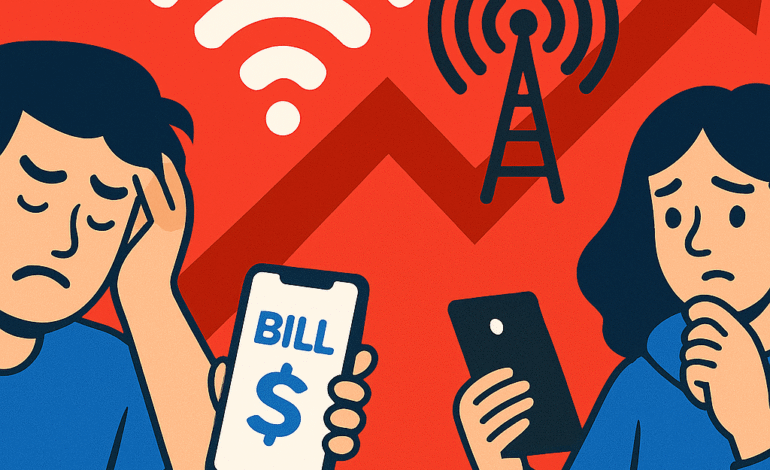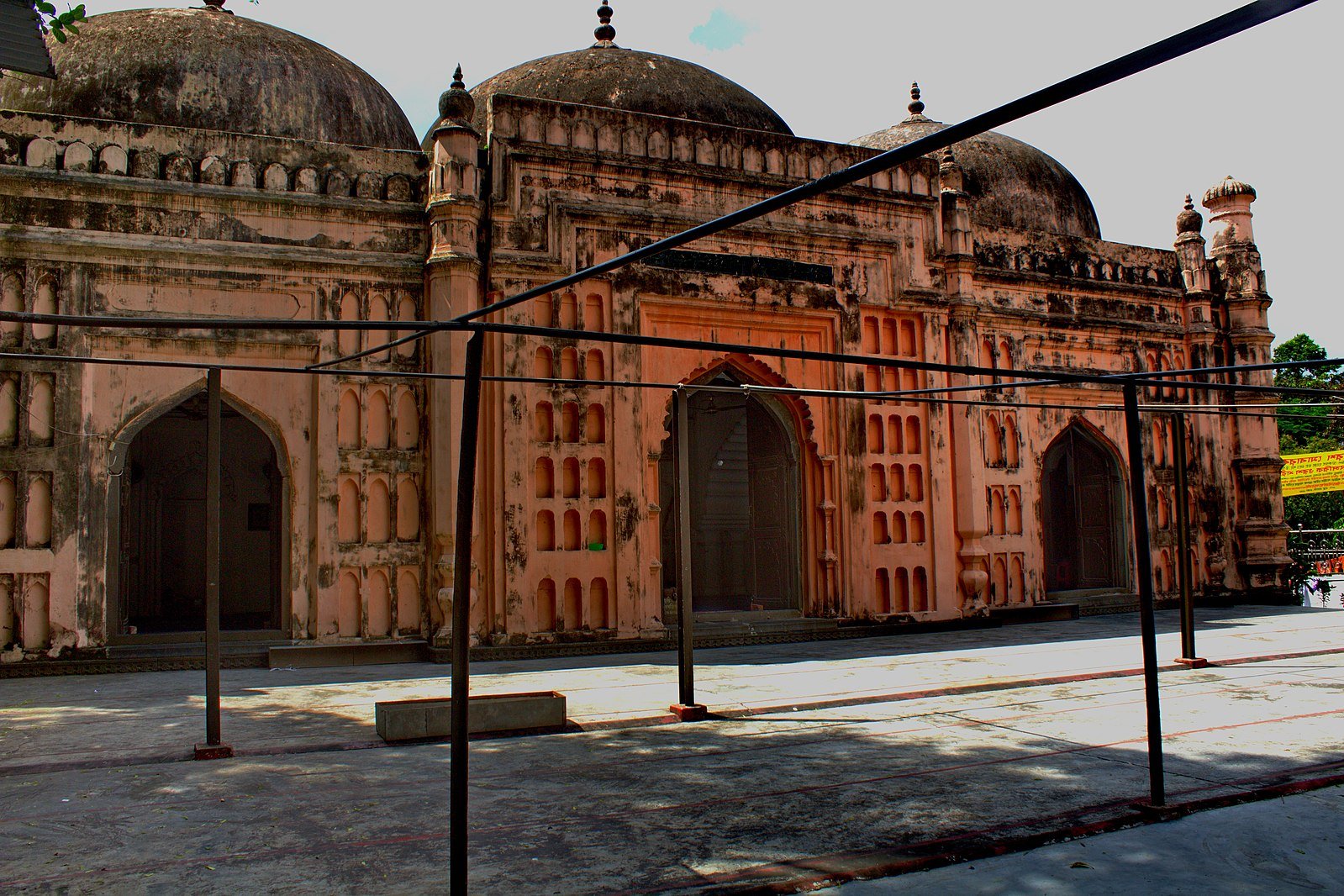Mobile Internet Tax Hike in Bangladesh Sparks Outrage

Mobile Internet Tax Hike in Bangladesh: Digital Divide
Mobile Internet Tax Hike in Bangladesh
The proposed mobile internet tax hike in Bangladesh has become one of the most debated policy issues in recent months. Students, freelancers, and rural users are raising concerns, saying the decision will increase inequality. Social media platforms are filled with anger and frustration. The new tax is not just about higher bills. It is about access to education, jobs, and opportunities in the digital world. The question now is whether this policy widens the digital divide instead of reducing it.
How the Mobile Internet Tax Hike Affects Rural Communities
The impact of the mobile internet tax hike in Bangladesh is most severe in rural areas. Millions of people outside big cities depend on affordable mobile data. They use it for communication, farming updates, small business operations, and even online health consultations. When internet prices rise, rural users are forced to cut back on usage. This limits their connection to markets, information, and opportunities.
For example, a farmer in Rangpur relies on YouTube tutorials to learn modern farming techniques. A tax hike could push such services out of reach. This is not only unfair but also counterproductive to the government’s vision of a digital Bangladesh.
Students Struggle with Education Costs with Mobile Internet Tax
The internet has become a lifeline for students. Online classes, e-books, and research material depend on affordable data. The mobile internet tax hike in Bangladesh threatens this access. Many students come from families that already struggle to afford school fees. Now they must spend even more just to attend virtual classes or prepare for exams.
During the COVID-19 pandemic, Bangladesh saw how critical internet access was for education. Raising internet taxes now feels like a step backward. It risks creating a generation of students left behind in the digital race.
Freelancers and Digital Entrepreneurs Face New Barriers
Bangladesh is proud of its growing freelancing community. The country ranks among the top in the world for freelance work. Many young professionals earn through online marketplaces such as Fiverr and Upwork. However, the mobile internet tax hike in Bangladesh directly affects their productivity. Higher costs mean fewer hours of work, slower communication, and reduced earnings.
Digital entrepreneurs, who sell products through Facebook shops or run YouTube channels, also face challenges. Rising internet bills eat into their small profits. If this continues, Bangladesh could lose its competitive edge in the global digital economy.
Public Response and Youth Activism
The proposed mobile internet tax hike in Bangladesh has already sparked widespread protests online. Hashtags like #NoInternetTaxBD and #SaveDigitalBangladesh are trending on Twitter and Facebook. Students are posting memes, influencers are sharing videos, and civil society groups are calling for reconsideration.
This digital movement reflects a larger truth. The youth of Bangladesh see internet access as a right, not a privilege. Any policy that limits this access will face strong resistance. It also shows how important social media has become in shaping public debates.
Does the Mobile Internet Tax Increase the Digital Divide?
One of the biggest concerns about the mobile internet tax hike in Bangladesh is the digital divide. Urban residents may be able to afford the extra costs. But rural and low-income families cannot. This widens the gap between rich and poor, between city and village.
Experts warn that this could harm Bangladesh’s long-term goals. A digital economy requires everyone to be connected. When people are left behind, the nation as a whole suffers. Studies from the World Bank show that affordable internet boosts GDP growth and reduces inequality. Bangladesh risks losing these benefits.
Government’s Perspective on Internet Tax
The government argues that the mobile internet tax hike in Bangladesh is necessary for increasing revenue. Officials say the tax will support infrastructure projects and improve digital connectivity. They also point out that internet usage has grown rapidly, making it a reliable source of tax income.
However, critics believe the policy is short-sighted. While the government may earn more revenue in the short term, it risks slowing down digital progress in the long run. Affordable internet access should be seen as an investment in the future, not just a taxable service.
Global Comparisons and Lessons for Bangladesh
Many countries are working to reduce internet costs, not raise them. For example, India has some of the world’s lowest mobile data prices. This has helped India grow a massive digital economy. In contrast, the mobile internet tax hike in Bangladesh could discourage innovation.
Kenya and Nigeria have also debated similar taxes. Public pressure in those countries forced governments to rethink their policies. Bangladesh may need to learn from these experiences if it wants to maintain its digital transformation.
Possible Solutions to Balance Revenue and Inclusion
There are alternatives to the mobile internet tax hike in Bangladesh. Experts suggest progressive taxation, where luxury goods are taxed more than essential services. The government could also focus on improving efficiency in existing tax collection instead of targeting internet users.
Another solution is to subsidize internet costs for students and rural users. Countries like Estonia have shown how state support for digital access can boost innovation and education. Bangladesh could adapt such models to its context.
The Future of Digital Bangladesh
The mobile internet tax hike in Bangladesh has raised serious questions about digital inclusion. While the government seeks revenue, the people seek access. This conflict highlights a larger debate about the country’s digital future. Will Bangladesh choose inclusion and progress, or taxation and division?
For students, freelancers, and rural citizens, the internet is more than entertainment. It is education, livelihood, and hope. Policymakers must listen to these voices if they want to keep the dream of Digital Bangladesh alive.







